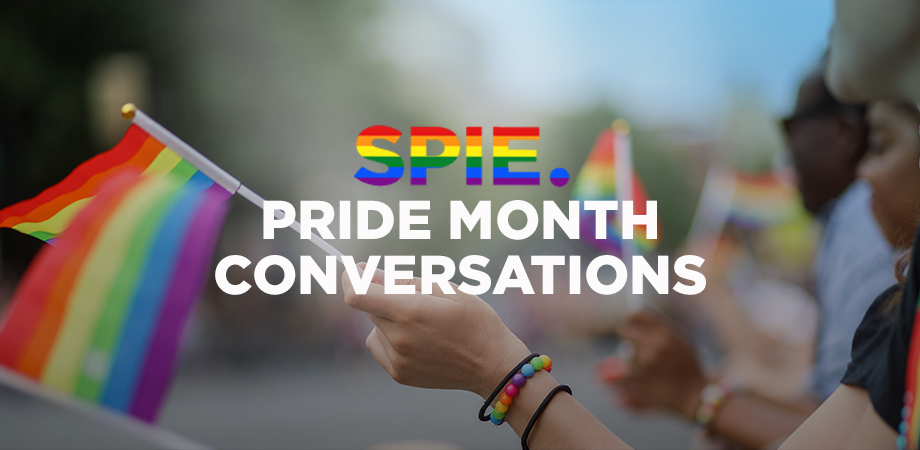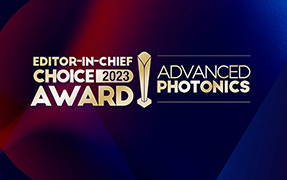Stories of Pride: Arti Agrawal

In celebration of Pride Month, SPIE spoke with members of our community about their experiences as LGBTQ+ scientists in optics and photonics as well as within the greater STEM community.
Our final conversation is with Arti Agrawal (she/her) an adjunct associate professor in the School of Electrical and Data Engineering at the University of Technology Sydney. She is also the director of Inclusion, Diversity, and Involvement for Anthony Nolan, a blood cancer charity.
Previously, Arti worked at City, University of London from 2005-2017, in the Department of Electrical Engineering. She was a Royal Society postdoctoral fellow, and her PhD was on modelling methods for optical components, completed at the Indian Institute of Technology Delhi in 2005. Dr. Agrawal's research interests lie in optics, in the modelling of photonic components such as solar cells, optical fibers, sensors, lasers, etc. She is an expert on numerical methods for optics such as Finite Element Method (FEM). She has written a book on FEM and edited a book on trends in computational photonics.
 Arti Agrawal |
Unfortunately, when I was growing up, I did not know of any LGBTQ people, especially in science or from my country, India. I'm happy to say now that I do know queer scientists and they inspire me. For example, Lauren Esposito, who set up 500 Queer Scientists, is a real inspiration and shows how much we can positively impact the world and improve it for queer people by coming together. People like Niamh Kavanagh, who is a leader in the IEEE Photonics Society, is really inspiring to me in the way she advocates for the LGBTQIA+ community and how articulate she is. |
How can allies actively support LGBTQ+ scientists and engineers?
There are lots of small ways in which allies can actively support LGBTQ scientists and engineers. Simple things include not assuming heteronormativity of everyone, using gender neutral pronouns, and speaking up when they see or hear homophobic, transphobic, and other such discriminatory jokes, slurs, or behavior. Showing visible support through attending ally events and continuing to educate oneself on diversity and inclusion are other ways to improve understanding of inclusion and how to act.
What is one piece of advice you can offer the LGBTQ+ scientists and engineers of the future?
For future generations it's important to remember that the world didn't look the way it does today and that it is not the same everywhere across the globe either. Many queer folks have fought against active discrimination and difficult circumstances to help create a better environment that we see today. Do not take this progress for granted, and do not forget to contribute to an ongoing legacy of positive change. There are parts of the world where discrimination is still present against queer people. The queer community is not homogeneous. Racism, ableism, transphobia, misogyny, and other forms of discrimination exist even within the queer community. For all of us, it is important as we go forward to be inclusive within our community as well as to support queer people in other parts of the world.
EDI at SPIE
SPIE believes in the development of collaborative environments that value participation from individuals with different ideas, perspectives, and backgrounds, which ultimately have a positive impact on the science of light. Explore our EDI activities.
| Enjoy this article? Get similar news in your inbox |
|



